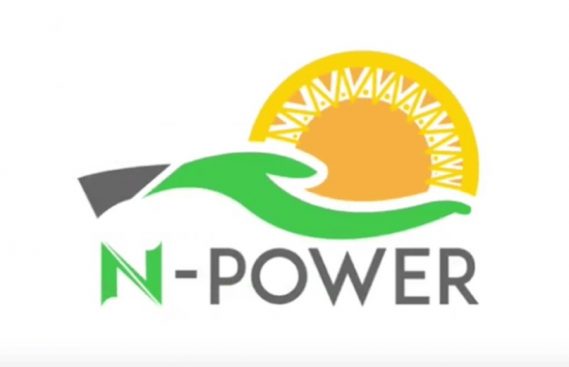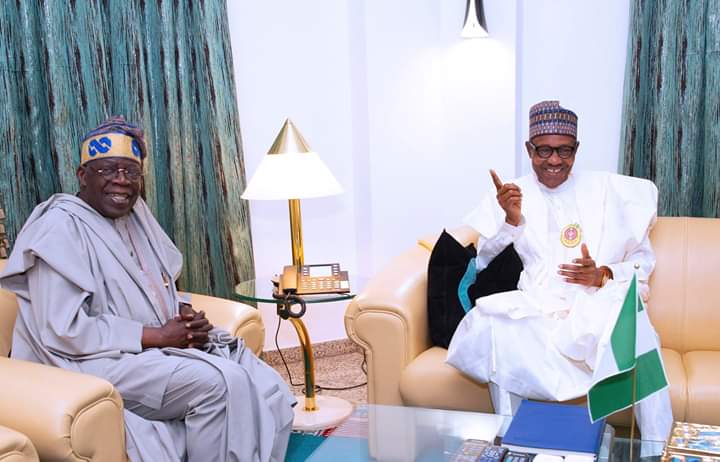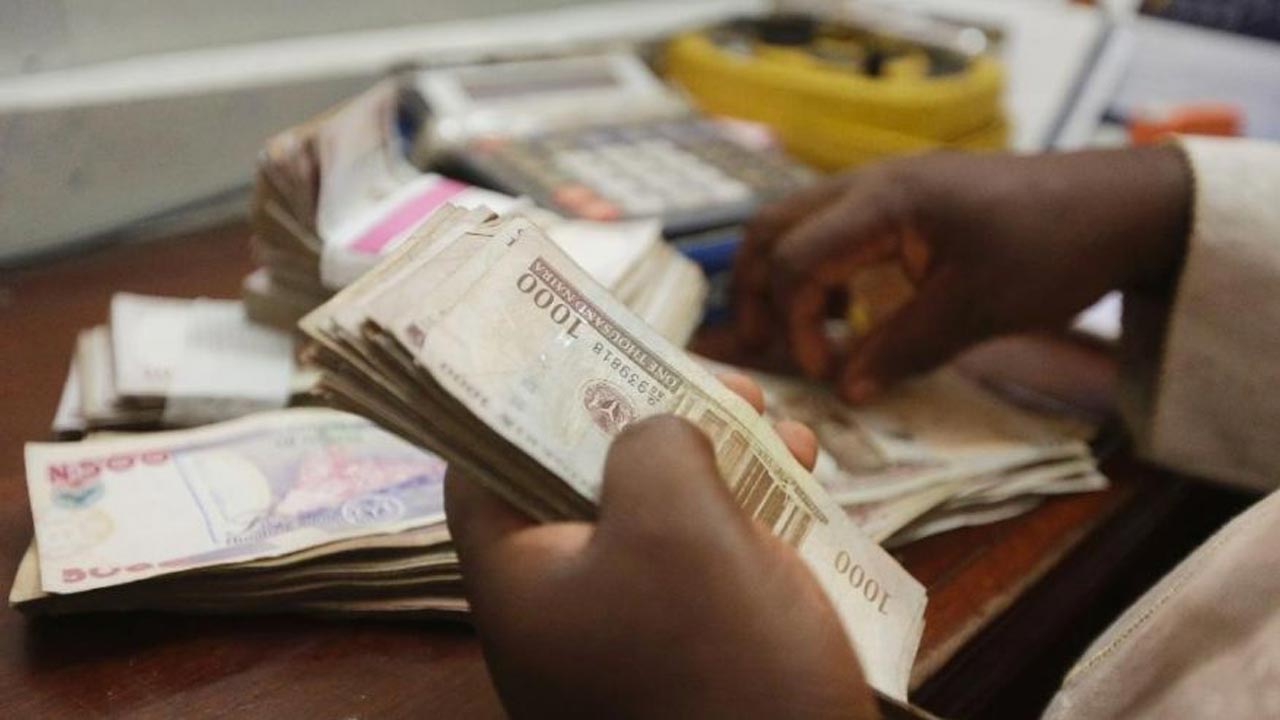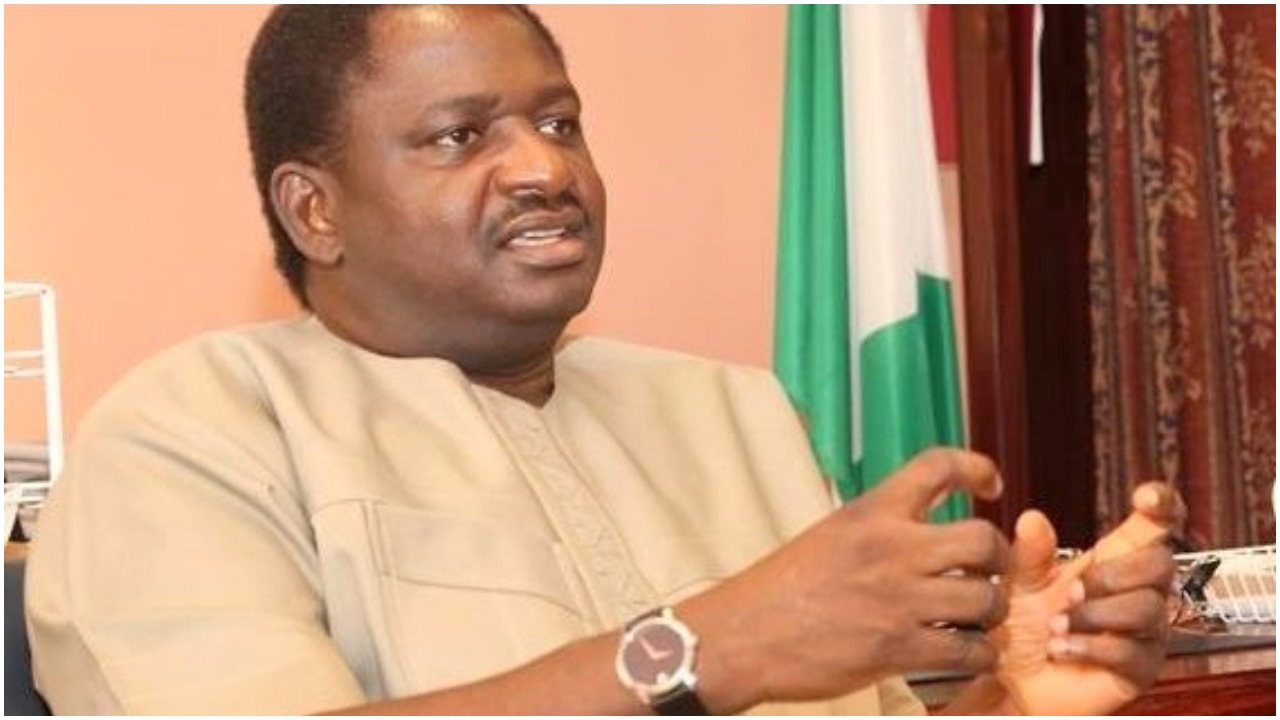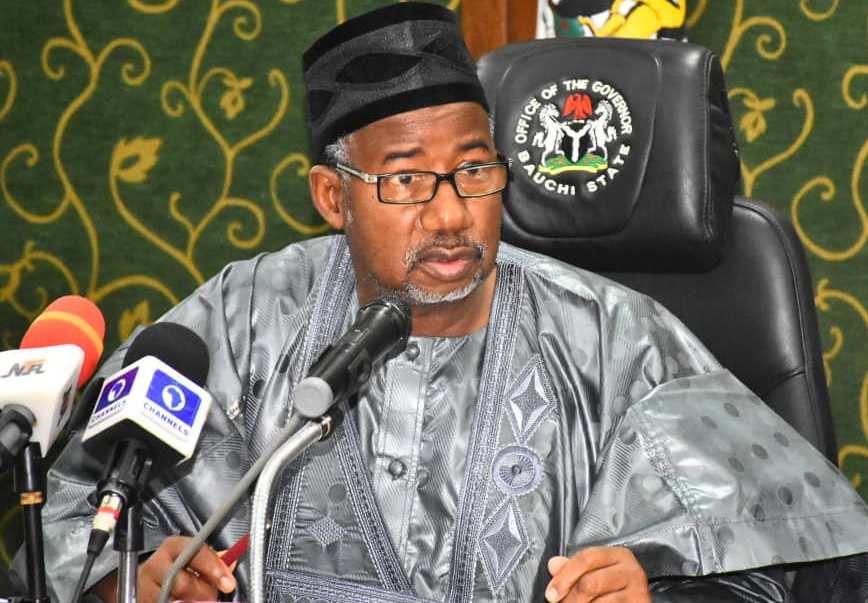The Federal Government has said the enrolment for Batch C beneficiaries of the N-Power Programme under the National Social Investment Programme (NSIP) will begin from June 26.
Hajiya Sadiya Farouq, the Minister of Humanitarian Affairs, Disaster Management and Social Development, made the announcement in a statement signed by the Deputy Director of Information in the Ministry, Mrs Rhoda Iliya, earlier on Friday in Abuja.
She noted that the Programme was inaugurated by President Muhammadu Buhari in 2016 under the NSIP with the mandate of lifting citizens out of poverty through capacity building, investment, and direct support.
“The commencement of the Batch C enrolment is sequel to far-reaching consultations and a review of the submissions on the reform and realignment of the programme for greater efficiency.
“Batch C is also being enrolled to provide opportunities for more Nigerian youth to access the programme, in furtherance of the President’s vision of lifting 100 million Nigerians out of poverty.
“This will create opportunities that will enhance the productivity of the Nigerian youth for entrepreneurship.
“Applications will be conducted using a hybrid system of enrolment to ensure that all Nigerians are given an opportunity to participate.
“As a Ministry that caters for the vulnerable, we will also make special considerations for persons living with disabilities.
“Online portal would be open to receive applications from noon on June 26, 2020 and will provide a level playing field for all applicants.
“As part of the Ministry’s reforms to make the programme more efficient, all applicants must supply their Bank Verification Number (BVN), in their application.
“This is to ensure a streamlined and transparent selection process. Once applications are submitted, the Ministry will review submissions and publish a list of successful applicants.
“Past beneficiaries are not eligible to participate in the application process. Comprehensive details for the new batch will be announced in the coming weeks,” Farouq said.
However, the Minister also hinted that the Ministry had announced that Batch A would exit the programme on June 30, while Batch B would exit on July 31, 2020 respectively.
She explained that the Ministry had begun the transitioning of beneficiaries from Batches A and B into government entrepreneurship schemes and engaging private sector bodies to absorb some of the beneficiaries.
According to her, these will be done after the completion of psychometric assessment to determine competency and placement into various opportunities.
“The Federal government is committed to the continuation and expansion and as such will now begin enrolment and onboarding of a new Batch of beneficiaries.”
The minister said, the N-Power programme had so far enrolled a total 500,000 beneficiaries, 200,000 from Batch A which started in September 2016 and 300,000 from Batch B which began in August 2018.
“The beneficiaries were supposed to spend not less than 24 months on the programme and were spread across the key industries targeted by the programme – agriculture, health, education and tax.
“The current beneficiaries from Batches A and B are scheduled to transit the programme by July 31, 2020 with plans already in place to transition them into entrepreneurship,” she reiterated.

